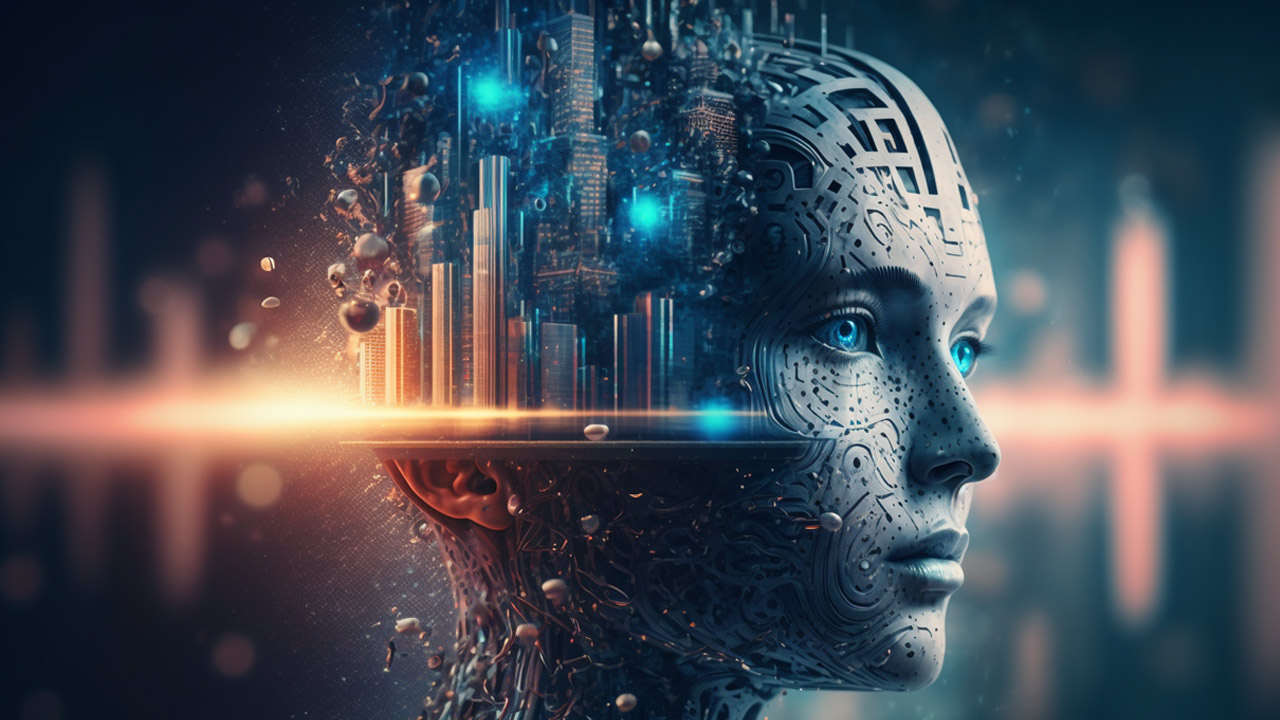AI content generation refers to the process of utilizing artificial intelligence (AI) algorithms to automatically create text, images, videos, or other forms of content. In recent years, AI content generation has become increasingly popular, with numerous applications in industries such as marketing, journalism, entertainment, and education. This article explores the underlying concepts, various techniques, and potential benefits and challenges of AI content generation.
Table of Contents
Underlying Concepts
Natural Language Processing (NLP)
- NLP is a subfield of AI and linguistics that focuses on enabling computers to understand, interpret, and generate human language.
- NLP techniques are commonly used in AI content generation to analyze, process, and produce text.
Machine Learning (ML)
- ML is a subset of AI that focuses on developing algorithms that can learn and improve from experience.
- ML models can be trained to generate content by analyzing patterns and correlations in existing data.
Techniques for AI Content Generation
Rule-Based Systems
- These systems use predefined rules and templates to generate content.
- Limited in flexibility and scalability.
Statistical Models
- Utilize statistical techniques like n-grams and Markov chains to generate content.
- Can produce more diverse content but may lack coherence.
Neural Networks
- Employ deep learning techniques to generate content.
- Can produce highly coherent and contextually relevant content.
- Examples include GPT (Generative Pre-trained Transformer) and BERT (Bidirectional Encoder Representations from Transformers).
Applications of AI Content Generation
Marketing and Advertising
- Generate personalized ad copy, social media posts, and email campaigns.
- Create unique product descriptions for e-commerce websites.
Journalism and Media
- Automatically generate news articles, summaries, and reports.
- Produce sports recaps and financial updates.
Entertainment
- Create storylines, dialogue, and characters for games and interactive media.
- Generate scripts and screenplays for movies and TV shows.
Education
- Develop personalized learning content and resources.
- Automate the creation of quizzes and assessments.
Benefits of AI Content Generation
Time and Cost Savings
- Automating content creation can significantly reduce the time and effort required.
- Organizations can save money by reducing their reliance on human content creators.
Scalability
- AI content generation allows for the rapid creation of a large volume of content.
- Enables organizations to expand their content marketing efforts and reach a wider audience.
Personalization
- AI can analyze user data to create personalized content for each individual.
- Leads to improved engagement, retention, and customer satisfaction.
Challenges and Ethical Considerations
Quality and Authenticity
- AI-generated content may lack the nuance, creativity, and authenticity of human-generated content.
- Ensuring quality and maintaining a consistent brand voice can be challenging.
Ethical Concerns
- AI-generated content can be used to create misleading information or “deepfake” videos.
- Plagiarism and copyright concerns arise when AI-generated content closely resembles existing work.
Bias and Fairness
- AI models can inadvertently perpetuate biases present in the training data.
- Ensuring fairness and preventing discrimination in content generation is crucial.
Transparency and Accountability
- The origin of AI-generated content may not be clear to users or consumers.
- Establishing accountability and providing appropriate attribution is important.
Final Thoughts
AI content generation is a rapidly growing field that leverages advancements in NLP and ML to automate the creation of text, images, videos, and other forms of content. With applications spanning marketing, journalism, entertainment, and education, it offers significant potential benefits in terms of time and cost savings, scalability, and personalization. However, it also presents challenges related to quality, authenticity, ethical concerns, bias, and transparency. As AI content generation continues to evolve, striking a balance between its benefits and risks will be essential to ensure its responsible and sustainable use.










